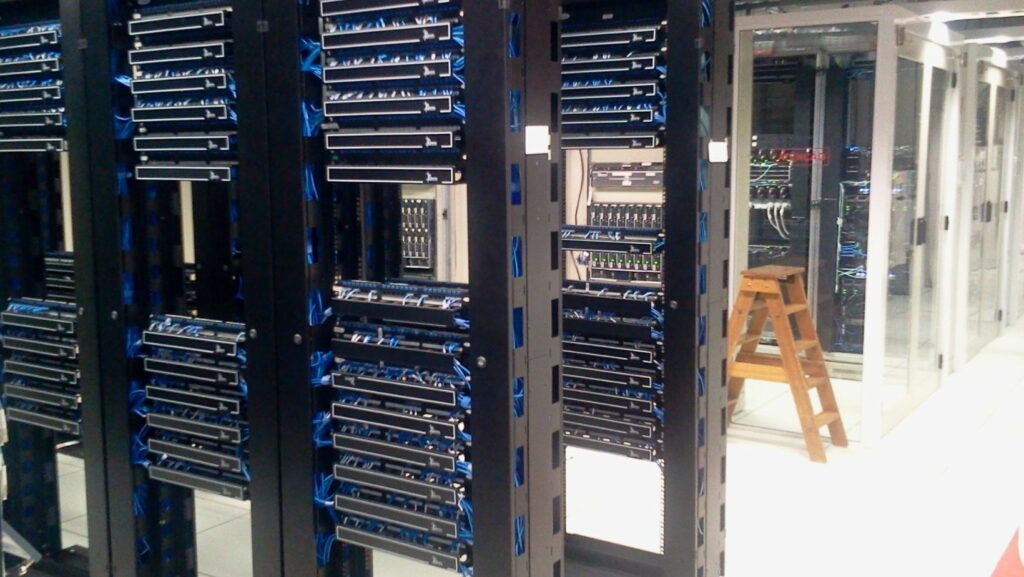
Net Application Servers

Navigating the complex world of application servers can be daunting, but understanding the role of .NET application servers is crucial for modern development projects. As a seasoned blogger in the tech space, I’ve delved into the intricacies of these servers and their impact on web applications. From enhancing performance to ensuring scalability, .NET application servers play a vital role in the seamless functioning of web-based solutions.
In this article, I’ll share insights on the key features and benefits of .NET application servers, shedding light on how they streamline the deployment and management of web applications. By leveraging my expertise and experience, I aim to provide you with a comprehensive overview of the significance of .NET application servers in today’s digital landscape. Stay tuned to uncover the power behind these essential components of modern web development.
Overview of .NET Application Servers

A .NET application server serves as a platform providing an environment to build and run .NET applications seamlessly. It acts as a robust foundation for deploying web applications, facilitating efficient communication between different software components. The server leverages the .NET framework to support the development and execution of various types of applications tailored for the web.
Incorporating a .NET application server offers a myriad of essential features to developers and businesses. These servers provide support for multiple programming languages, ensuring compatibility with diverse coding requirements. They also enhance security measures, safeguarding applications from potential threats and vulnerabilities. Additionally, .NET application servers offer scalability, enabling applications to handle increasing workloads efficiently. Moreover, they streamline deployment processes, allowing for quick and seamless updates and maintenance tasks.
Types of .NET Application Servers
Fully Integrated Servers
Fully integrated servers in the realm of .NET application servers are comprehensive platforms that encompass all essential components for running .NET applications smoothly. These servers come pre-configured with everything needed, including web servers, application frameworks, and databases, offering a one-stop solution for application development and deployment.
An example of a fully integrated server is Microsoft Internet Information Services (IIS), which seamlessly integrates with .NET technologies and simplifies the setup process.
Lightweight Servers
On the other end of the spectrum are lightweight servers, which provide a minimalistic approach to hosting .NET applications. These servers are designed to be resource-efficient, consuming fewer system resources while still delivering optimal performance. A prime example of a lightweight server for .NET applications is Kestrel, known for its speed and agility in handling web requests efficiently. Lightweight servers are ideal for scenarios where limited resources are available or when fast scalability is a priority.
Factors to Consider
When selecting a .NET application server for your project, various factors should guide your decision to ensure optimal performance and seamless development. Here are key considerations to keep in mind:

- Scalability: It’s essential to choose a .NET application server that can scale to meet your project’s demands as it grows. Consider the server’s ability to handle increased traffic and workload without compromising performance.
- Security Features: Prioritize security when choosing a .NET application server. Look for servers that offer robust security features such as encryption, authentication mechanisms, and protection against common vulnerabilities to safeguard your applications and data.
- Compatibility: Ensure that the .NET application server you choose is compatible with other technologies and frameworks in your development stack. Compatibility issues can lead to integration challenges and impact the overall efficiency of your project.
- Community Support: Opt for a .NET application server with a strong community support system. Active communities provide access to resources, forums, and updates, which can be invaluable in troubleshooting issues and staying up-to-date with the latest developments in the ecosystem.
- Cost Considerations: Evaluate the cost implications of the .NET application server, taking into account licensing fees, maintenance costs, and scalability expenses. Choose a server that aligns with your budget constraints while offering the necessary features for your project.
In today’s fast-paced development landscape, understanding the significance of .NET application servers is crucial. These servers serve as robust platforms for efficiently building and running .NET applications, offering a wide range of features such as multi-language support, enhanced security, scalability, and simplified deployment processes.
